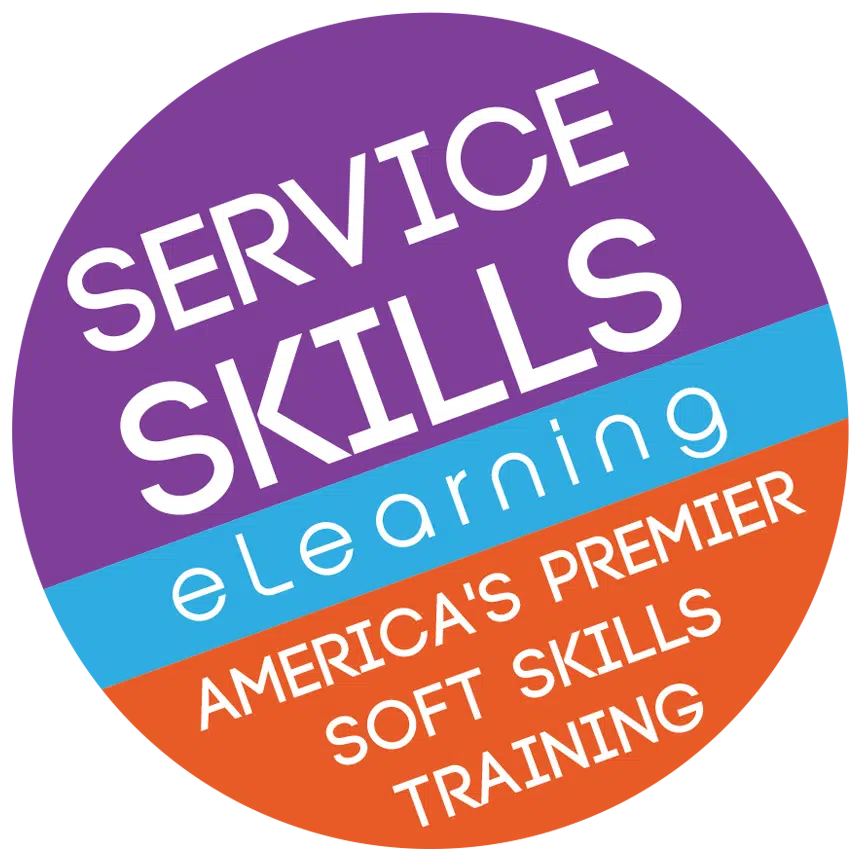Better Service Is Just What the Doctor Ordered
Improve Communicating With Patients
Do your healthcare staff and professionals have the best “bedside manner”? Do patients complain about being put on hold when they call, being forced to wait a long time to see the doctor, then getting rushed through the appointment, and leaving without really understanding what they were told? Well, there’s a lot of that going around!
Dealing with health issues is stressful enough; the last thing your patients need is further aggravation arising from poor communication with your staff. It’s time to consider customer service training that not only improves interactions with your patients, but also makes for a happier, healthier working environment.
Customer Service Training Benefits
- Increased engagement among staff and professionals
- Investing in training makes workers feel valued
- Greater employee retention when workers succeed
- Satisfied patients remain loyal and recommend you to others
- Dissatisfied patients not only leave, but may post bad reviews
- Improved profit due to new patients and less staff turnover
ServiceSkills Training Programs
We offer a wide range of online training modules that cover customer service topics such as effective communication with coworkers and clients, improved listening skills, telephone etiquette, email fundamentals, working across all generations, conflict resolution, being respectful at work, team building, leadership and mentoring skills … and many more.
Below are three specific communication skills that are particularly valuable in healthcare settings.
Using Echo Question Technique
A triage nurse takes a call from a patient who says, “I’m not feeling well.” A quick assessment is needed to determine the next step for this patient. This person needs help to pinpoint the likely cause of the problem before any determination can be made about how the nurse can assist medically. The problem could be anything from an anxiety attack to simple dehydration to a major health crisis — this nurse really needs to get to the heart of the matter quickly.
The story illustrates a common and challenging client service opportunity that begins by helping a patient communicate his or her needs. Everyone who delivers service as part of their job needs to be able to ask questions to help probe and determine needs. A variety of questioning techniques used effectively will pinpoint the needs of that patient or customer.
The Echo Question technique is an effective way to collect more information from the patient/customer to get to the solution they seek. Echo Questions “mirror” or “reflect” back to the customer using their own words by turning their statement into a question to elicit more information.
Here’s how to ask an Echo Question:
- Repeat the last word or last few words spoken by the customer.
- Change the tone of your words from a statement to a question by raising the tone of your voice slightly at the end, and then
- Pause. Give the customer a chance to provide the information.
The Echo Question is a method best suited to these ambiguous call situations because of the way the technique engages the patient in a conversation. This allows you to establish a rapport with the caller. This particular method of eliciting information by capturing the patient’s language and echoing it back is very engaging. Your responsiveness shows interest in and appreciation for the caller’s concerns. And, after all, who doesn’t like to feel appreciated and heard?
Handling Angry or Upset Patients
Our “service recovery” training program teaches your team that you need to do more than just solve the patients’ problems; you need to manage their feelings as well — or they will take their business elsewhere. Patients need to feel that you value them and want to continue taking care of their health-related needs.
Through scenario-based training videos, your patient-facing employees will learn how to handle difficult, upset or irate patients through actionable strategies. Your team will watch real-life examples that show how to handle specific, challenging situations. In an age where angry patients can instantly reach thousands online with a bad review, you can’t afford bad service. Give your team the tools they need to satisfy and retain patients.
Conflict Resolution Skills Training
Is your organization losing productive time to internal conflicts? Do you have a conflict resolution training program to manage and prevent conflicts as they arise? Is so, has it been proven effective?
ServiceSkills offers time-tested conflict resolution training courses that help you:
- Spend Less Time Mediating Conflicts: Deal with more pressing tasks, like streamlining processes, evaluating performance and interacting with your team.
- Increase Your Organization’s Efficiency and Productivity: Training employees to handle disagreements better allows you to get more projects done, faster.
- Boost Your Organization’s Bottom Line: More constructive employee communication means an increase in productivity and, ultimately, profitability.
Give your staff the skills to handle every interaction with confidence, professionalism and care. Try ServiceSkills for free by entering your office email below.

4.8/5 stars from hundreds of reviews










